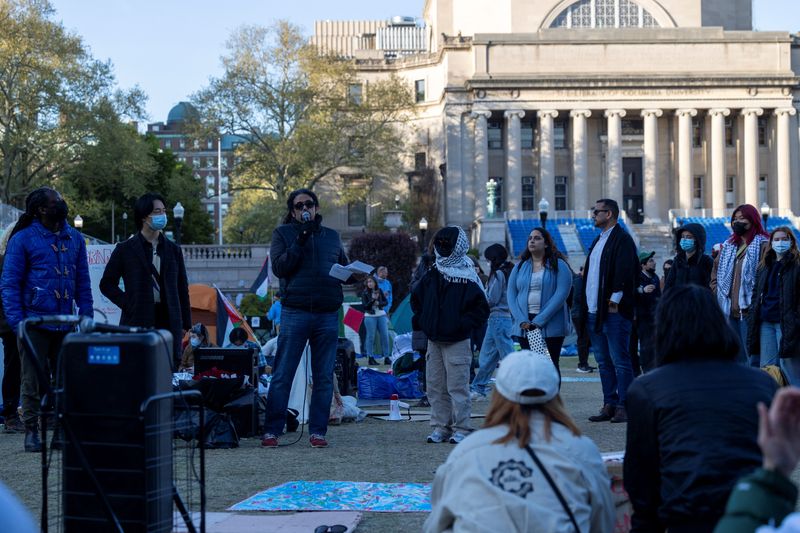SARChI Research Chair, Prof Bongani Ncube, Marks World Water Day

To mark the 2024 World Water Day, Professor Bongani Ncube, the DSI-NRF-WRC South African Research Chair Initiative (SARChI) Chair in Governance and Economics for Water and Sanitation Sector Institutions, has highlighted the need to improve access to productive water across South Africa’s disadvantaged communities.
“I’m talking about water for productivity, water for agriculture, water that will take people out of poverty,” says Prof Ncube. “We still have issues in that area because the licensing process has not worked for many communities for a long time.
“The compulsory licensing, validation and verification processes, which were supposed to enable the release of excess water to communities, has not worked very well. The process has improved but we still have many communities that do not have access to productive water. At the household level, there are municipalities where access to basic water and sanitation services has become a challenge. That is why you see these water protests in South Africa.”
Prof Ncube is based at the Cape Peninsula University of Technology, Centre for Water and Sanitation Research, under the Faculty of Engineering & the Built Environment. She is a Chair under the DSI-NRF SARChI, established by the Department of Science and Innovation (DSI) and the National Research Foundation (NRF) in 2006. The main goal of SARChI is to strengthen and improve research and innovation capacity at public universities for the production of high-quality postgraduate students and research and innovation outputs. Over 270 DSI-NRF SARChI Chairs, all held by distinguished experts in their various fields, have been awarded across the country’s universities since 2006. The main objectives of Prof Ncube’s Research Chair cover governance; financial and economic viability; and security for water sector institutions (demand side) and the support of greater financial sustainability of the public water and sanitation supply system through research-led insights and innovative business processes.
The 2024 global theme of World Water Day, marked every 22 March, is Water for Peace. South Africa relates to the theme at both the household and broader community levels because of its historical past, says Professor Ncube. The country also relates to the theme in terms of economic advancement, which brings under the spotlight policy shifts required to redress past access patterns.
Says Prof Ncube, “South Africa has a very complicated history when it comes to access to resources, including water. The historical access remains a challenge. It dates back centuries when water access mechanisms favoured the more privileged white communities. After 1994, we developed policies, legislation, and strategies to make water equitably accessible to everyone, with the Constitution as the starting point. Unfortunately, our implementation did not enable that to happen. As a result, we still have quite a number of communities that do not have access to water.”
Access to productive water in some communities improved following the enactment of the National Water Act of 1998. The purpose of the Act was to reform the law related to water, including redress of past racial and gender discrimination; promotion of equitable access to water; and facilitation of social and economic development. However, the legislation required further bolstering to broaden access, says Prof Ncube. “Water Allocation Reform was developed as a key programme for the redress of the persistent inequities in access to productive water. However, this also did not achieve the desired results.”
Prof Ncube applauded the Draft National Water Amendment Bill, which was published in the Government Gazette for public comment on 17 November 2023. “One of the intentions of that Bill is actually to redress the past inequity and to achieve equitable access for all communities,” she stated. “There are efforts that are taking place at the moment. The Bill is being revised to ensure that those water allocation issues that were not addressed by the National Water Act of 1998 are addressed.”
At community and household level, the Water for Peace theme talks to the protests present in the country. Protests for water broke out in Ekangala and Rethabiseng, townships located east of Pretoria, this month. Residents complained that they had not had water for over a month. In response to the protests, the City of Tshwane announced the installation of a new pump at the Bronkhorstspruit Water Treatment Plant.
“We see protest action for water in the country, that is lack of peace,” Prof Ncube says. “In areas like that you cannot say that people are at peace. They are not living under normal conditions. They have that stress of where they are going to get water. That is a challenge to people’s livelihoods and internal peace for communities.”
Provision of basic water to households has vastly improved since 1994. StatsSA data showed that 88.7% of the country’s households had access to water by 2021. The recurrent protests are an indication that there are systemic issues that need to be addressed.
“Climate change and drought add a further layer of complication when it comes to water access. But it is important for Government to realise that, while situations like that occur, it is the poor that are the most affected and it is important that measures are put in place in terms of providing access,” adds Prof Ncube.
Article published with permission from The National Research Foundation (NRF)
What's Your Reaction?





















































